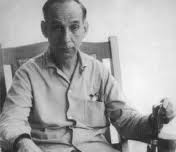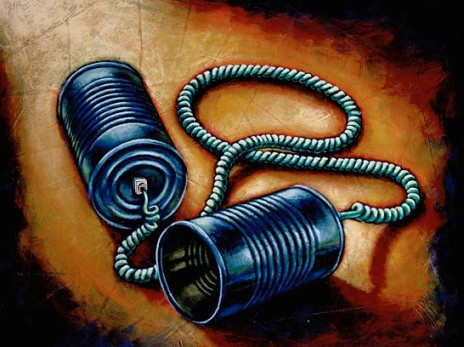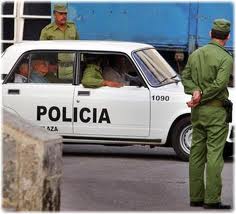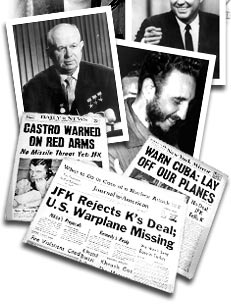After wrapping up its jubilee year with a program of operas, operettas and zarzuelas of enormous dramatic and musical impact, the National Lyric Theater of Cuba offered three festive events in theGarcía Lorca Hall of the Gran Teatrode la Habana on the weekend of September 14 to 16 to honor the founders and artists who, since 1962, have promoted the lyrical arts, whose beginnings on the island date back to the early 19th century, and especially to 1838 and the TeatroTacón, the current headquarters of the Gran Teatro of Havana (GTH).
Genre notables and representatives of institutions such as the Ballet Nacional and the Opera and Orquesta Sinfónica of GTH appeared each day on the stage to receive diplomas and flowers, awarded by Maestro Alberto Méndez, choreographer and artistic director, and Eduardo Díaz, musical director and the new company director, who was in charge of the gala event, which staged selected segments of Cuban and Universal works brought to the stage during the fifty years of the Lyric Theatre.
Contrasting the cast of young talent there with the outstanding singers, actors, writers and assistants before them in works such as La Traviata, the Magic Flute, the Pharaoh’s Court, or Cecilia Valdés, Amalia Batista and María la O by Cuban artists Gonzalo Roig, Rodrigo Prat and Ernesto Lecuona, respectively; all of these works were reintroduced during the jubilee year.
In the final evening the public applauded classic works by G. Verdi such as Va, Pensiero performed by the Lyrical Chorus; followed by La Donna é Mobile, interpreted by the young tenors Saheed Mohamed, Bryan López and Ernesto Cabrera; the Gran Duo from Cecilia sung by Katia Selva and S. Mohamed; El Cabildo by Lecuona performed by the Lyric Chorus and JJ, the Traditional Dance company; Septimino, from the Merry Widow performed by Milagros de los Angeles, Lili Hernandez, Javier Ojanguren, Junier Estrada, Rey Reyes, Eleonor Cuello, Dayron Peralta and Ian Sánchez.
The program included the Sextet composed by G. Donizetti for Lucía de Lammermoor, P. Mascagni’s Cavallería Rusticana Intermezzo; The Gypsy and bullfighter choral arrangement from La Traviata performed by the Irene Rodríguez Company; also the quartet and the Vals de Musetta, both from Puccini’s La Boheme; the Mazurka of the Parasols, La Romanza from María la O, the duet from the first act of Madame Butterfly, and the triumphant March from Aida, interpreted by the Chorus and the soloists of the Lyric Theatre and choreographed by the Ballet de la Televisión and the other companies already mentioned.
The spectacle, sober and elegant, with minimal use of props, relied on the vocal virtuosity of various performers, the excellent music conducted by Eduardo Díaz and Giovanni Duarte, the choreography of Cristy Domínguez, Johannes García and Alberto Méndez; the effective light design by Carlos Hernández and the choral direction of Catalina Ayón and Denisse Falcón.
According to musicologist Vázquez Millares, the National Lyric Theatre of Cuba reestablshes Havana as the “Philharmonic Capital of the New World”, an operatic tradition of more than 250 years. Its first performance was the Spanish zarzuela Luisa Fernanda by Moreno Torralba, conducted by Maestro Felix Guerrero and Miguel de Grandy and performed by the founding artists of the company. Since its inception, it has staged more than 70 works, among them Italian, French, German, Polish, and Cuban operas, Spanish and Cuban operettas and zarzuelas, many performed in European and American cities and provincial theatres across the island.
Translated by: Marina Villa
September 20 2012





